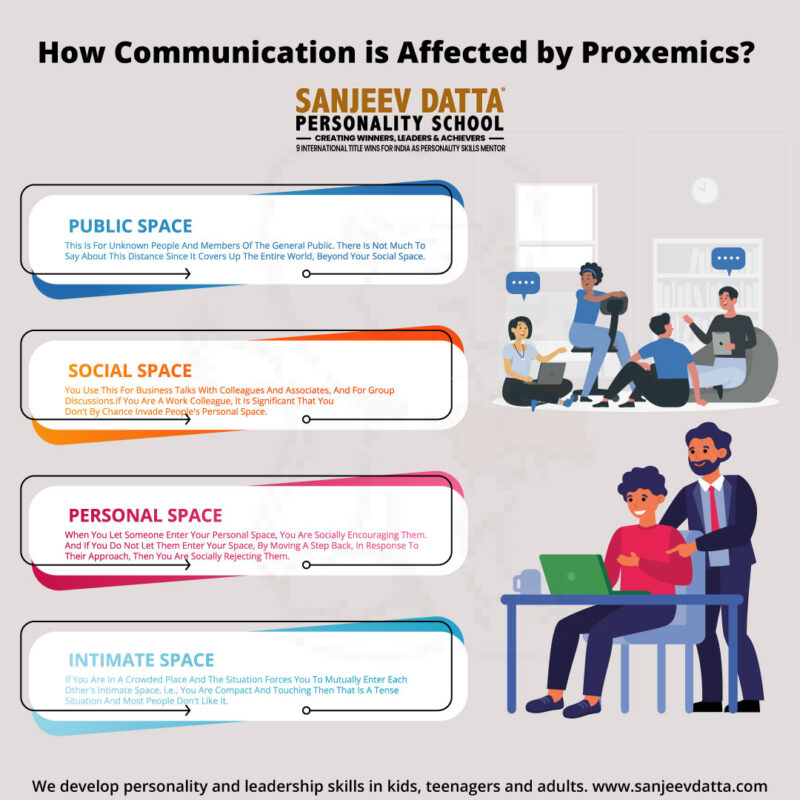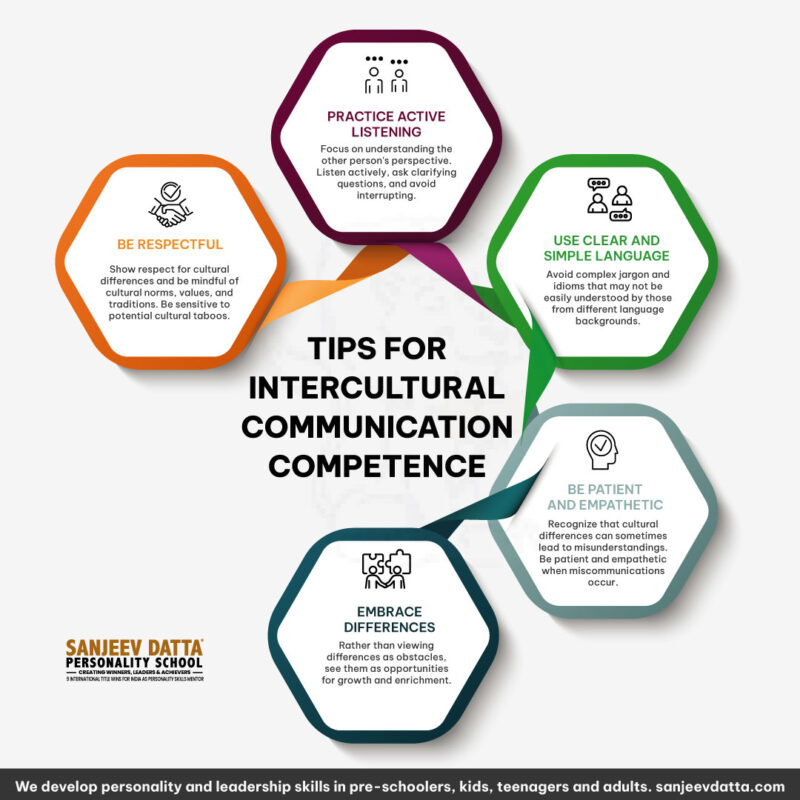A competent listener is just as important for effective communication as being able to articulate oneself accurately. Poor listening skills can have significant consequences in both personal and professional contexts. Understanding the effects of poor listening skills will emphasize the value of becoming an attentive and engaged listener to foster effective communication and build strong relationships. Successful relationships, both personal and professional, are built on effective communication.
Within the realm of communication, listening plays a vital role in connecting with others, understanding their perspectives, and exchanging information accurately. However, poor listening skills can undermine this crucial aspect of communication and lead to a cascade of adverse effects.
By understanding the impact of poor listening skills, we can recognize the importance of cultivating effective listening abilities and strive to become better listeners. Effective communication is imperative for establishing meaningful connections and fostering healthy relationships in both personal and professional spheres. Central to this communication process is the art of listening – the ability to truly understand and absorb what others are saying. However, poor listening skills can unravel even the most well-intentioned conversations.
Instead of actively engaging with others, individuals with deficient listening skills may inadvertently shut down communication channels, causing a host of detrimental effects. These effects extend beyond mere miscommunication; they permeate our interactions, leaving lasting impacts on relationships, productivity, and personal growth.
Visit: important social skills
Through a deeper understanding of these effects, we can cultivate the essential skill of effective listening and make concerted efforts to enhance our ability to connect, empathize, and communicate.

Listening Breakdown: Unmasking the Effects of Poor Skills
- Limited Understanding and Knowledge Acquisition:

When children possess poor listening skills, they struggle to fully comprehend and retain information. Listening is a fundamental aspect of learning, and without it, children may miss out on key concepts, instructions, or details in both academic and social contexts. Consequently, their overall knowledge acquisition becomes limited, hindering their intellectual growth.
2. Impaired Communication and Social Skills:

Listening is not only about understanding words but also about grasping non-verbal cues, tone, and emotions. Poor listening skills can severely impede the overall personality development. Poor listening skills can lead to misinterpretation, misunderstandings, or miscommunication, ultimately resulting in strained relationships with peers, teachers, and parents. In social settings, children may find it difficult to express themselves effectively or actively engage in conversations, leading to feelings of isolation and social exclusion. Sanjeev Datta, considered as the top corporate coach of India, in his classes, focus on developing strong and impressive communication skills, that help in their personal and professional growth.
3. Reduced Empathy and Emotional Intelligence:

Active listening fosters empathy, allowing individuals to understand and connect with others on a deeper emotional level. When children lack proper listening skills, they struggle to empathize with the feelings and perspectives of those around them. This deficiency in empathy negatively affects their emotional intelligence, hindering their ability to form meaningful relationships, resolve conflicts, and navigate social complexities.
Visit: ways to overcome communication barriers
4. Lowered Academic Performance:

Poor listening skills can have a significant impact on a child’s academic performance. In classrooms, children who struggle to listen attentively may miss important instructions, fail to follow academic discussions, and struggle to participate effectively. Consequently, their ability to grasp new concepts, apply critical thinking skills, and perform well on exams may need to be improved.
5. Lack of Attention and Concentration:

Active listening requires focused attention, concentration, and mental engagement. Children with poor listening skills often demonstrate difficulties in maintaining attention and concentration, leading to reduced academic productivity and overall learning potential. This lack of attentiveness may perpetuate a cycle of underachievement, self-doubt, and decreased motivation.

6. Reduced Problem-Solving Abilities:

Listening is not only essential for information absorption but also for effective problem-solving. Enrolling in the best personality development course in Gurgaon will help in reducing the problems and will lead to better communication. Poor listening skills can impede a child’s ability to analyze and synthesize information, hindering their capacity to develop creative solutions. This limitation can have a long-lasting impact on their problem-solving skills, influencing their future academic and professional success.
7. Self-Expression and Confidence Issues:

Listening skills are closely linked to self-expression and confidence-building. When children struggle to listen attentively, they may find it challenging to articulate their thoughts, ideas, and emotions effectively. This can lead to self-doubt, low self-esteem, and a reluctance to engage in discussions or take initiative in various domains of life.
Visit: pillars of communication
Conclusion
The effects of poor listening skills can have far-reaching consequences on various aspects of an individual’s life. Whether in academic, social, or personal settings, the negative impact of poor listening habits is apparent. From limited understanding and knowledge acquisition to impaired communication and social skills, the consequences of poor listening skills hinder personal growth and development.
To ensure optimal growth, parents should also consider choosing the best personality development training programs that focuses on developing active listening skills and provides a personalized approach to address individual needs. By investing in the development of listening skills, parents can support their children’s journey towards well-rounded personality development and set them up for success in various aspects of life, including academics, relationships, and personal growth.
Why Sanjeev Datta Personality School?
- INTERVIEW TRAINING
- Leadership
- Presentation Training
- Social Boldness
- Dressing Etiquette
- Office Etiquette
- Communication Skills
- English Speaking
- Anger Management
- Time Management
- Team Building
- Performance Enhancer
- Soft Skills
- Goal Setting
- Career Counselling
- Student Subject Choice Counselling
- Listening Skills
- Video Presentation
- Meditation
For more details, contact us now!


